
London — The first generation of African submarine cable building is over and with the announcement of Google and Facebook cables, the second generation of cable building begins. Russell Southwood asks what these two digital giants are up to in Africa and how it will affect other newer cables, both existing and planned.
A global sea change has happened in cable building. Telcos and MNOs are no longer the dominant customers or indeed the instigators of new cable projects. The OTT companies like Google, Facebook, Microsoft and Amazon have taken over. According to TeleGeography, the international capacity deployed by these companies rose 14-fold between 2012 to 2016 and continues to grow. Some examples will illustrate the point:
This week Google announced it was building its own Portugal to Cape Town international cable (called Equiano) with its first announced branching unit in Nigeria but with eight other branching points indicated. This will be Nigeria's sixth international cable to land in the country and Google's 14th international cable project.
The cost of building international capacity has come down enormously as the technology has improved. Google says it will have 20 times the capacity of the last cable built to the continent, a feat achieved by using optical switching at the fiber-pair level, rather than the traditional approach of wavelength-level switching. It will be built by Alcatel Submarine Networks and because it is fully funded by Google is expected to be operational by 2021.
Details of Facebook's cable are less clear but it will be called Simba and Facebook will be partnering with MTN and Vodacom. It has been quoted in the Wall Street Journal as saying it "could link up with beachheads in several countries on the continent's eastern, western and Mediterranean coasts".
Google and Facebook are not like Africa's MNO's. What they do only appears in a fragmented way and is much harder to read than their MNO equivalents. Africa is another frontline for the regulatory disputes over the control of social media, the most high profile of which has been Uganda's social media tax. Both companies also are heavily involved in programmes that support African start-ups, train developers and offer opportunities to use their products.
As usual, there is a mixing together of the "do-good, feel good" programmes which produce a commendable warm feeling and their rather cooler considerations of business. Google has a joint venture with Andile Ngcaba's Convergence Partners called CSquared, which has metronet operations in Ghana, Uganda and Liberia. The latter was build with USAID support. Convergence Partner's separate connectivity vehicle Synergy Communications has three ISP operations in Botswana, Malawi and Mozambique and recently bought Vodacom Business's operations in Nigeria, Zambia and Cote d'Ivoire.
The arrival of a new cable will enable independent operators like these to obtain much better upstream landing station prices that will help drive down retail data costs in Africa. These costs are widely acknowledged to be too high (particularly in South Africa) and this is a common shared aim between both Google and Facebook. Google's Loon project (ballons that provide connectivity to remote areas), which has been spun out as a separate company, will be on test with Telkom Kenya and is promising mountain villagers "4G at market-rate prices for an undefined period", according to a Reuters report earlier this year.
For its part, Facebook, through its Facebook Connectivity arm, has - among other things - started working with Main One to roll-out more fibre connectivity in Nigeria and has invested in local Wi-Fi hot-spot start-ups Tizeti and Surf in Kenya, which merged with BRCK. It has also made fibre investments in Airtel (in Uganda) and BCS. It has also launched OpenBTS with a view to providing cost effective voice and data coverage to "rural, ultra-rural and ultra-ultra rural settings".
Neither Facebook nor Google wants to undermine the existing MNOs and indeed a number of these initiatives have involved partnerships with the MNOs. But both companies want to see a wider range of ways of connecting with more data users and want to speed up this process. It would be wrong to see them as having a huge overarching plan but everything always adds to something.
It is worth noting that the new cables are private and do not appear to be open access. The intentions are positive and almost certainly market-disrupting. Bandwidth is being offered in Nigeria at under US$10 per mbps and lower. Google's new cable - even if it only matched these prices - will over time bring the base figure below US$5 per mbps and probably even lower. These should underpin retail data commodity prices for a mass audience in many African countries.
The winners will be Africa's current and future data users but it will put more power in the hands of Facebook and Google in the long-term. They will become the go-to "anchor investors". If Facebook builds an eastern seaboard cable, it's unlikely that any of the previously discussed cables will be built.
The hardest hit of the Africa's existing cables are those that have come last to the party like SACS and SAIL (which is not yet operational). According to Antonio Nunes, CEO, Angola Cables sales on SACS have been much, much slower than its sales on Monet (the cable connecting Brazil to the USA) and it still has a lot of capacity to sell. And as he notes:"We're offering low prices in Nigeria. It's a problem (for us) but it's good for the consumer."
Angola Cables is also part of the WACS consortium so is able to deliver across many African countries. Most companies are buying 1gbps or lower but the Nigerian customers are buying "big chunks".
He is concerned that the OTTs are building more capacity when plenty already exists:"The OTTs are still planning cables when we have capacity. But they say they want two cables for redundancy. It's a big challenge to convince them to use existing capacity... They don't have a problem of cash. They want their own infrastructure." He says he's been in constant conversation with them to try and convince the otherwise and hopes eventually, like "water on a stone", he will convince them. Angola Cables and Google are both co-investors in the Monet cable.
He is caught between the "low-price, high-volume" market of Brazil and the "high-price, lower volume market" of Angola, its home base. He knows that prices should and will come down in Angola but domestic delivery costs are high.
"Some of our Angolan customers need last mile connectivity. We pay more for last mile connectivity from one point of the city to another than we pay for Luanda to Lisbon. If we're able to optimize costs, things will change. We're trying to convince local operators to decrease costs and we will generate more business. I'm confident (if we do that) the market will grow. We're trying to create volume in Angola. It will be more or less the same revenues but more traffic in the market."
"There will be a third mobile operator and it will be a very welcome development. More competition will lead to more demand. We're just waiting for the process to be finalized."
"Also people are more conscious about technology in Angola and there are lots of start-ups. Young people are using the cloud and internet solutions. For example, there are two Uber like ride-hailing apps, one of which is called Tupuka. There's also another one for food delivery and yet another for online shopping."
Read Full Story

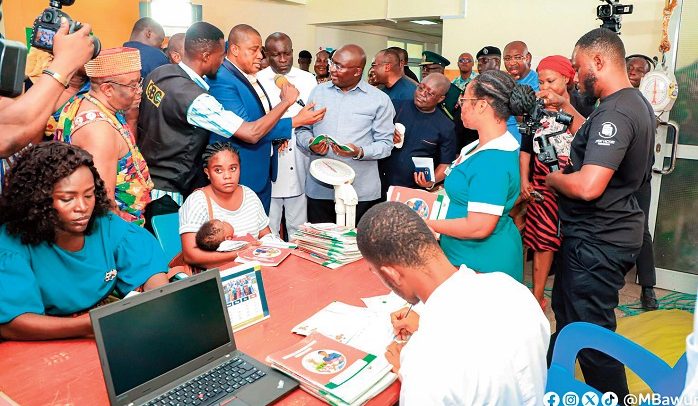


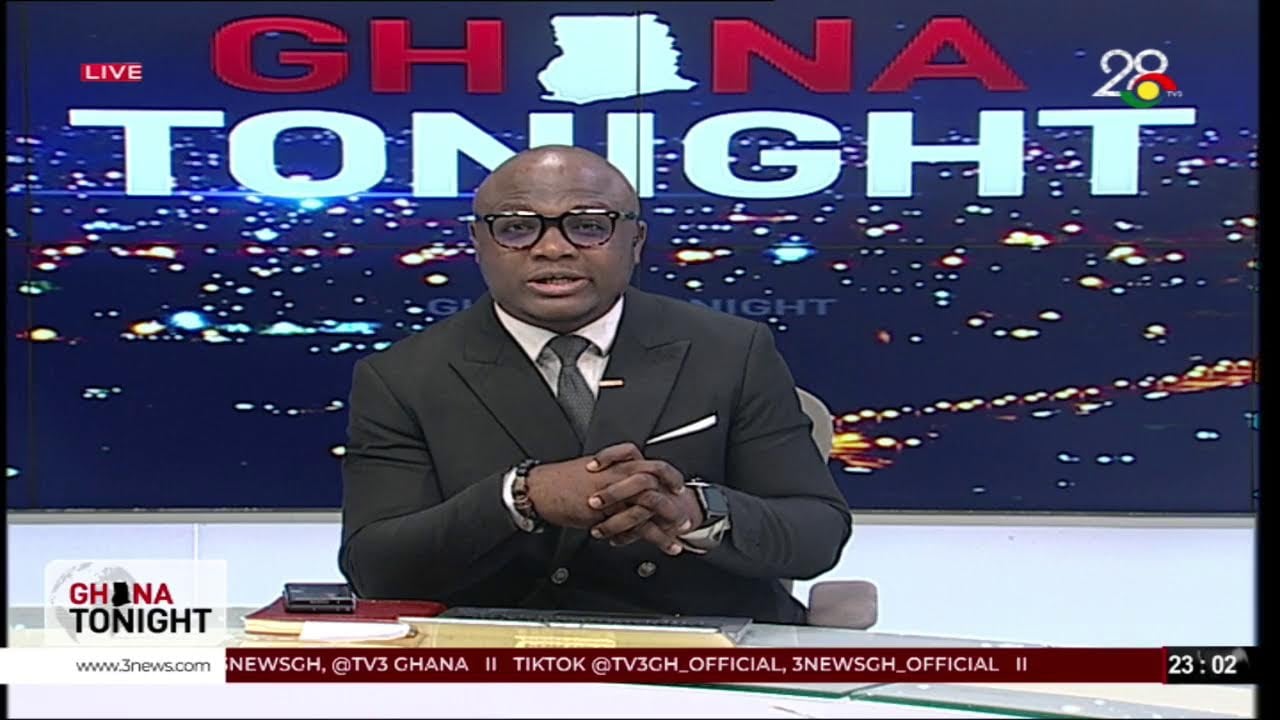







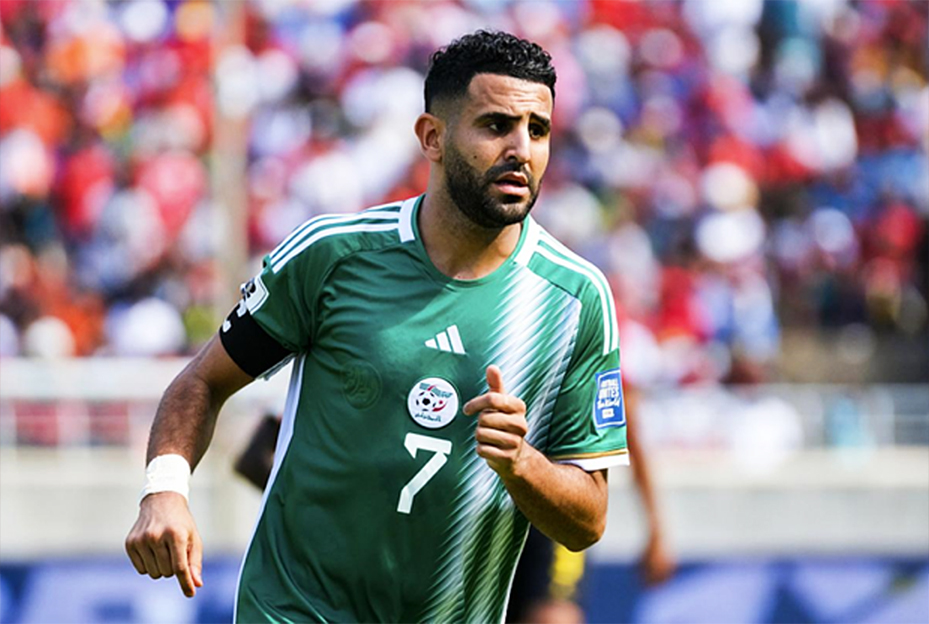



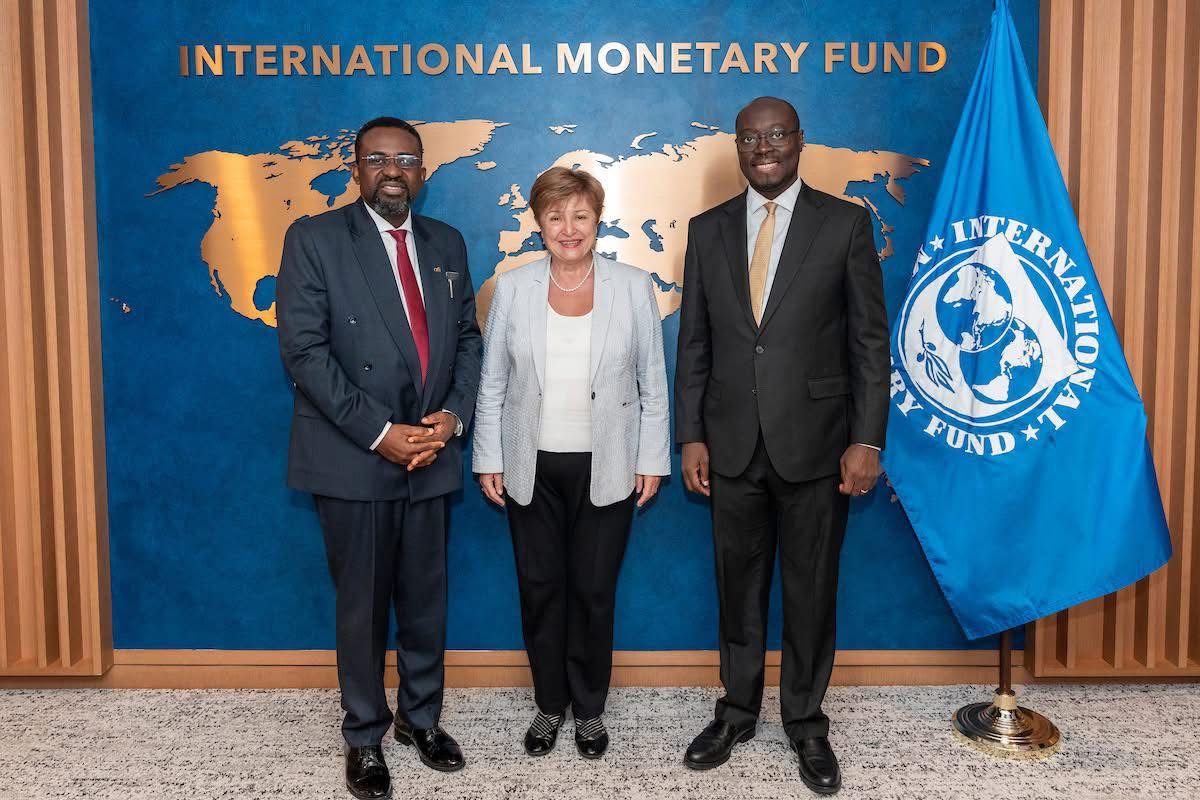
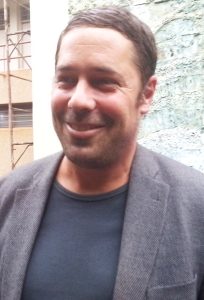
Facebook
Twitter
Pinterest
Instagram
Google+
YouTube
LinkedIn
RSS